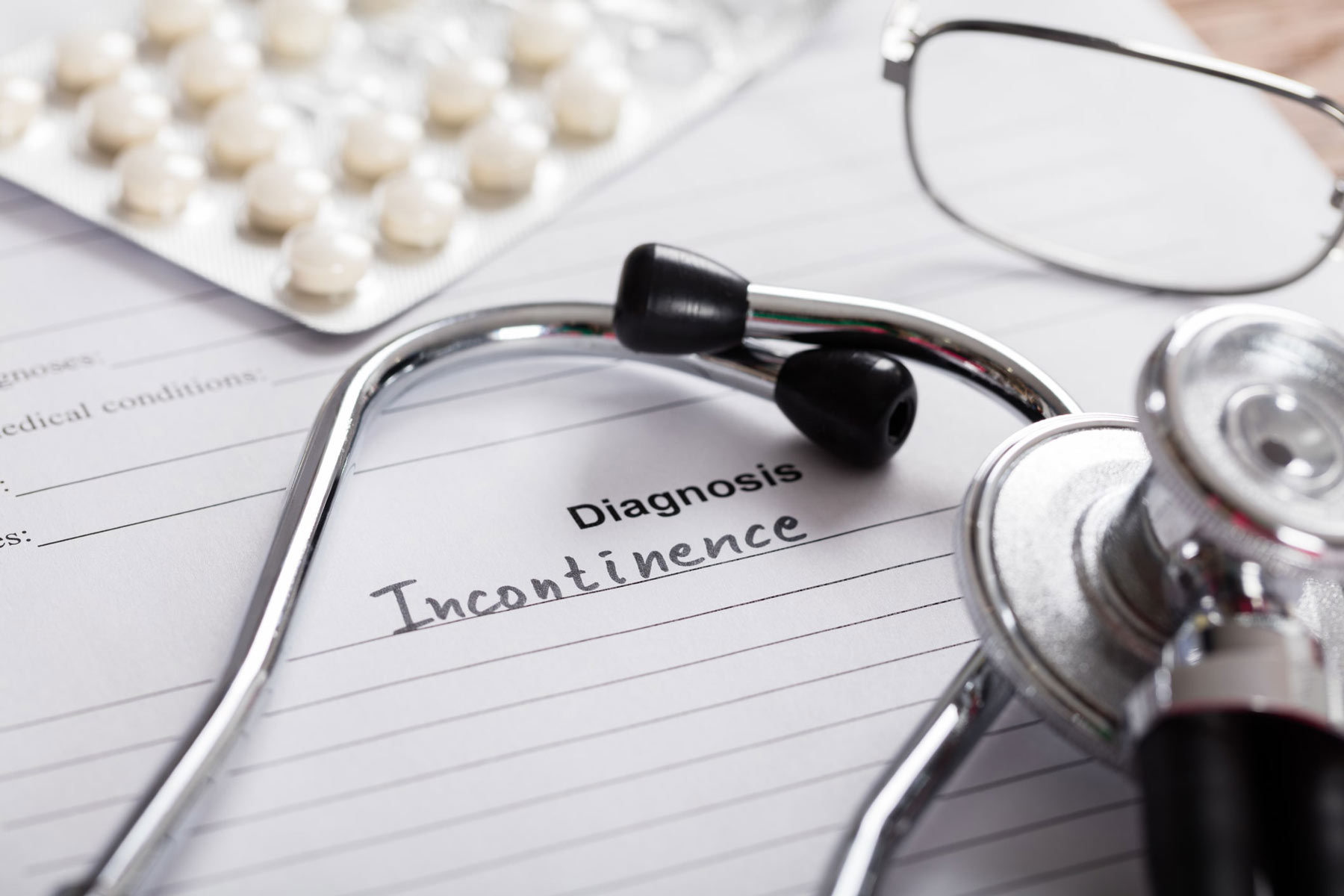How to Keep your Skin Healthy and Odor-Free
One of the challenges of incontinence is proper skin care – keeping your skin dry and protected, so that you don’t get rashes or chafing – and odor control. Fortunately, there are several ways you can minimize these concerns. Here are a few tips to start:
Wash frequently with the right products.
Using a
liquid antimicrobial, pH-balanced soap during your daily bath or shower is an important first step for maintaining healthy skin and reducing problems with odor. There are several products specifically made for frequent cleansing that are suitable. (Our community members have listed
Aloe Vesta®, and
Sensi-Care® as brands they prefer.) After bathing, be sure to rinse and dry thoroughly.
In between bathing, mild pre-moistened wipes can offer an easy way to stay clean and fresh when you’re on the go. (Be mindful when disposing them, though, as some brands aren’t flushable.)
You may have to try a few different soaps before you find what works well for you, particularly if you have sensitive skin. The pharmacist at your local drugstore can offer advice on which products to try. (And, yes, you can ask them to talk to you privately.) Online medical supply companies that specialize in incontinence typically offer several cleansing products, as well.
Stay as dry as you can.
While many people who wear protection try to minimize changes to reduce the expense, if you’re not changing frequently enough, you run a higher risk of rashes. Changing more frequently will help alleviate this issue.
Shave or trim.
Keeping any hair in your pubic or perineal area very short, or clean-shaven, will minimize odor-causing bacteria and help you stay dry.
Use both a moisturizer and a skin protectant.
Experts recommend a two-stage approach to skin protection, using both a moisturizer and a moisture barrier. While it may sound like overkill, the moisturizer ensures that your skin has enough healthy moisture, despite multiple cleansings, and the moisture barrier cream helps minimize your skin’s exposure to urine. (For skin protection, Depend.com community members have recommended
A&D® Ointment,
Desitin® and
Calmoseptine®.)
Consider external antiperspirants and deodorants.
Using a mild antiperspirant and/or deodorant, under your protection and in leg creases, can help prevent sweating and odor on hot days. Online medical supply companies sell sprays specifically made for this purpose.
Research internal deodorants.
There are several tablets (taken by mouth) that are reported to reduce body odors after ingestion. Most of them contain
chlorophyll, the natural substance from plants that makes leaves green. Our community members recommend
Derfil®,
Devrom® or Nullo® as helpful options. (Note that internal deodorant tablets can take 2 to 14 days before they start working. To be sure that these tablets are safe for your use, it’s best to consult with your pharmacist or physician.)
Drink enough fluids.
While it may go against advice you’ve heard about drinking less fluid if you experience bladder leakage, if you don’t consume enough fluids, the resulting stronger urine is harsher to the skin and can increase your risk of rashes. Drinking enough liquids also reduces urine odor.
See your doctor when needed.
While some skin rashes are caused by irritation and can be easily remedied, others may require treatment by a physician. If you’re experiencing a skin condition that concerns you, or won’t go away in a few days it’s always a good idea to consult your doctor.
Kimberly-Clark US makes no warranties or representations regarding the completeness or accuracy of the information. This information should be used only as a guide and should not be relied upon as a substitute for professional medical or other health professional advice.










